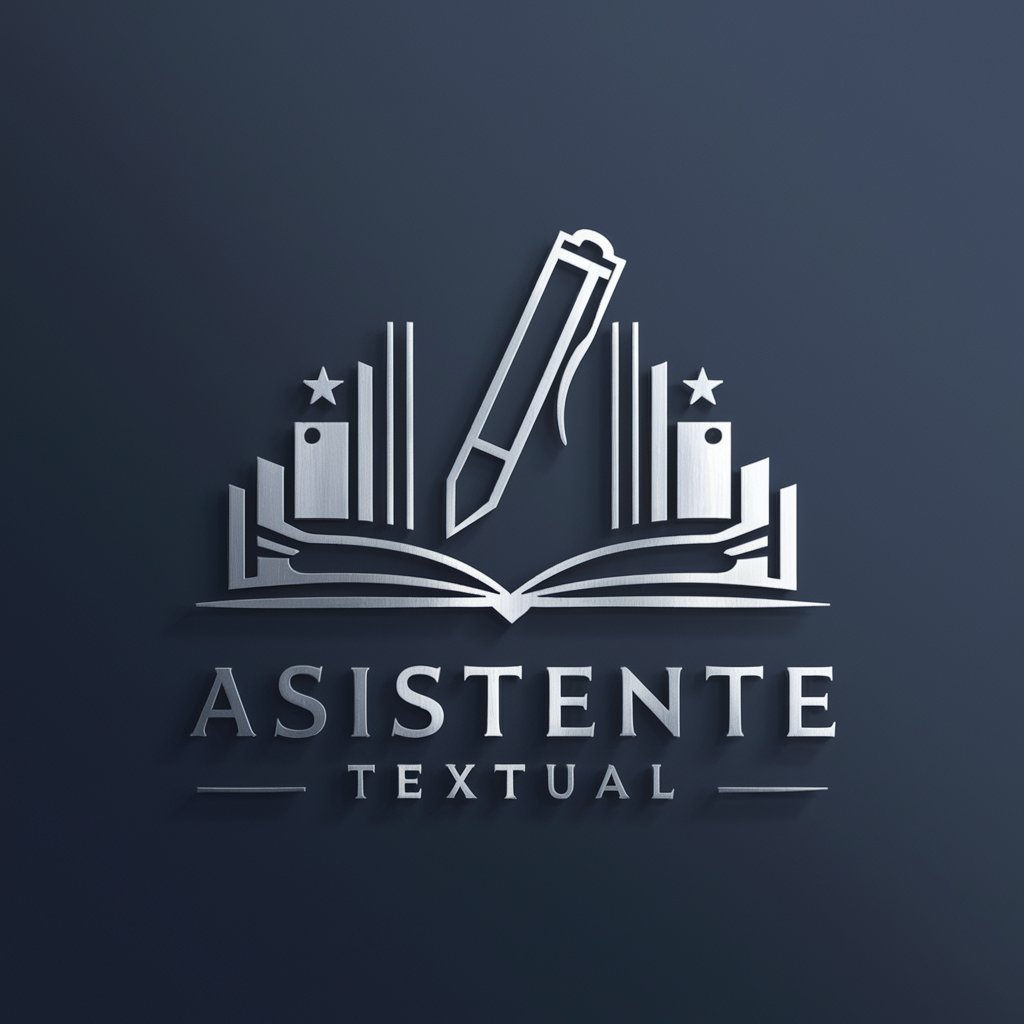IB English Literature - Paper 1 (Textual Analysis) - IB Paper 1 textual analysis tool

Hello! Let's explore the depth and nuances of IB English Literature.
AI-powered tool for IB Paper 1 analysis
Interpret this IB English passage:
Evaluate the author's choices in this text:
How does this excerpt align with IB criteria?
Analyze the language use in this IB work:
Get Embed Code
Introduction to IB English Literature - Paper 1 (Textual Analysis)
The IB English Literature Paper 1 is a textual analysis that requires students to analyze unseen literary texts—either prose, poetry, or drama excerpts. This paper assesses students' ability to interpret, evaluate, and analyze literary features such as structure, tone, style, and authorial choices. The goal is to demonstrate how well a student can engage with a text and provide a structured, insightful analysis grounded in textual evidence. For example, a student analyzing a poem like Bob Orr's 'The Tyre Shop' might examine how the poet uses imagery and metaphor to explore themes of inspiration and creativity【9†source】. The design of the paper encourages critical thinking and literary appreciation, pushing students to consider not just 'what' is being said but 'how' it is being communicated. Effective responses adhere to marking criteria such as 'Understanding and Interpretation,' 'Analysis and Evaluation,' and 'Language'【7†source】. Powered by ChatGPT-4o。

Key Functions of IB English Literature - Paper 1 (Textual Analysis)
Textual Interpretation
Example
A student identifies and interprets the underlying meaning of a passage in a literary text, focusing on subtext and implied meanings【8†source】.
Scenario
In a poetry analysis, the student might interpret the sunset imagery as a metaphor for poetic inspiration, showing how the speaker of the poem transitions from creative frustration to sudden inspiration【9†source】.
Literary Feature Analysis
Example
A student analyzes the use of figurative language, such as similes and metaphors, and evaluates their impact on the reader【9†source】.
Scenario
In 'The Tyre Shop,' the student analyzes the metaphor comparing tires to words, revealing how the poet draws parallels between mechanical balance and poetic creativity【9†source】.
Evaluation of Authorial Choices
Example
A student evaluates how specific authorial choices, such as structure or tone, shape the meaning of the text【7†source】.
Scenario
For instance, a student might evaluate Bob Orr's choice to use free verse, exploring how the structure mirrors the unpredictability of poetic inspiration【9†source】.
Textual Evidence and Quotation
Example
The student embeds quotations from the text to support their analysis and conclusions【8†source】【9†source】.
Scenario
In discussing the simile 'like black donuts,' the student links this imagery to the poet's larger metaphor about balancing words, using this line as evidence for their interpretation【9†source】.
Ideal Users of IB English Literature - Paper 1 (Textual Analysis)
IB English Literature Students
The primary users are students enrolled in the IB English Literature course, particularly those preparing for their Paper 1 exam. These students benefit from a structured approach to textual analysis, helping them to refine their critical thinking and interpretive skills through close engagement with literary texts【7†source】.
IB Teachers and Tutors
Teachers and tutors guiding students in IB English Literature can use this service to help students develop coherent analytical essays, focusing on how to meet the marking criteria. The detailed breakdowns of literary analysis techniques assist in structuring lessons【8†source】.
Literature Enthusiasts Seeking Analytical Skills
Beyond IB students, individuals interested in improving their literary analysis skills can use these functions to deepen their understanding of texts and literary techniques. By learning how to dissect structure, tone, and authorial intent, these users develop sharper interpretive abilities【8†source】.

Guidelines for Using IB English Literature - Paper 1 (Textual Analysis)
Visit yeschat.ai for a free trial without login, also no need for ChatGPT Plus.
Access the platform through this link and start using the tool without the need to create an account or subscribe to a premium service.
Upload your chosen literary text.
Ensure the text aligns with IB's requirements, such as prose, poetry, or drama. The text should provide ample material for analyzing authorial choices and literary techniques.
Identify and annotate key passages.
Focus on significant elements like imagery, figurative language, structure, and tone. Annotations should help build a clear interpretation of the text, aligned with IB criteria for textual analysis.
Formulate a thesis based on the guiding question.
Develop a central argument about the text, focusing on how the author’s choices contribute to themes, mood, and tone. This will guide your analysis throughout the essay.
Organize and structure your response.
Ensure that your essay is well-organized, addressing Criterion A-D, with a clear focus on interpretation, analysis, coherence, and precise language use, as per IB marking criteria.
Try other advanced and practical GPTs
Kotlin é vida
Empowering Kotlin Developers with AI

Art Sage
Discover Art, Empowered by AI

Art Mentor
Enhance Your Art with AI

코딩왕 - 프롬프트 엔지니어링
Elevating AI Interactions with Precision

생기부 세특 영어 엔진
Craft Your Academic Excellence with AI

Entree Nutrients 엔트리 백과사전
Power Your Health with AI-Driven Insights

Aprimorador de Fluência Textual
Elevate Your Text with AI-Powered Precision

Asistente Textual
Elevate Your Writing with AI

생명과학 혁신가
Empowering Innovation with AI in Life Sciences

대교육 혁명: 사라진 학생 📖 - 추리 게임 Based in Beijing 🇨🇳
Unravel mysteries with AI-driven insights

Ask a CRO
Elevate Revenue with AI-powered Insights

OptiGrowth CRO Coaching
Empowering Conversion Growth with AI

Common Questions about IB English Literature - Paper 1 (Textual Analysis)
What type of texts can I analyze for Paper 1?
Paper 1 allows for the analysis of prose fiction, non-fiction, poetry, and drama. The text should be unfamiliar and provide opportunities to examine authorial choices and literary techniques.
How do I structure my response for IB Paper 1?
Begin with a clear introduction, including your thesis. Follow with body paragraphs that focus on specific authorial choices, supported by textual evidence. End with a strong conclusion that ties back to your thesis.
What are the key criteria for scoring well in Paper 1?
Scoring is based on four key criteria: understanding and interpretation, analysis and evaluation, focus and organization, and language use. It's essential to demonstrate insightful analysis and coherent argumentation.
How important is context in Paper 1 analysis?
While context is less critical in Paper 1 than in Paper 2, it’s still helpful to briefly reference genre, setting, and tone to strengthen your interpretation and align it with the author's broader intent.
What should I focus on when analyzing poetry for Paper 1?
In poetry, focus on imagery, figurative language, structure, and sound devices. Consider how these elements convey themes, emotions, and the relationship between the speaker and the subject.
